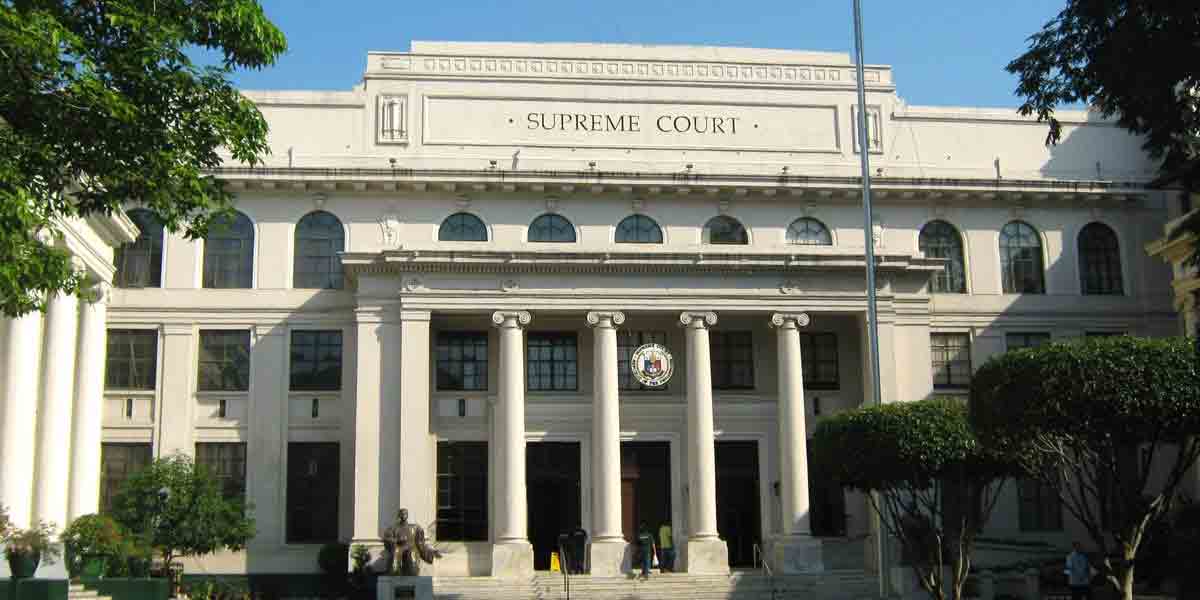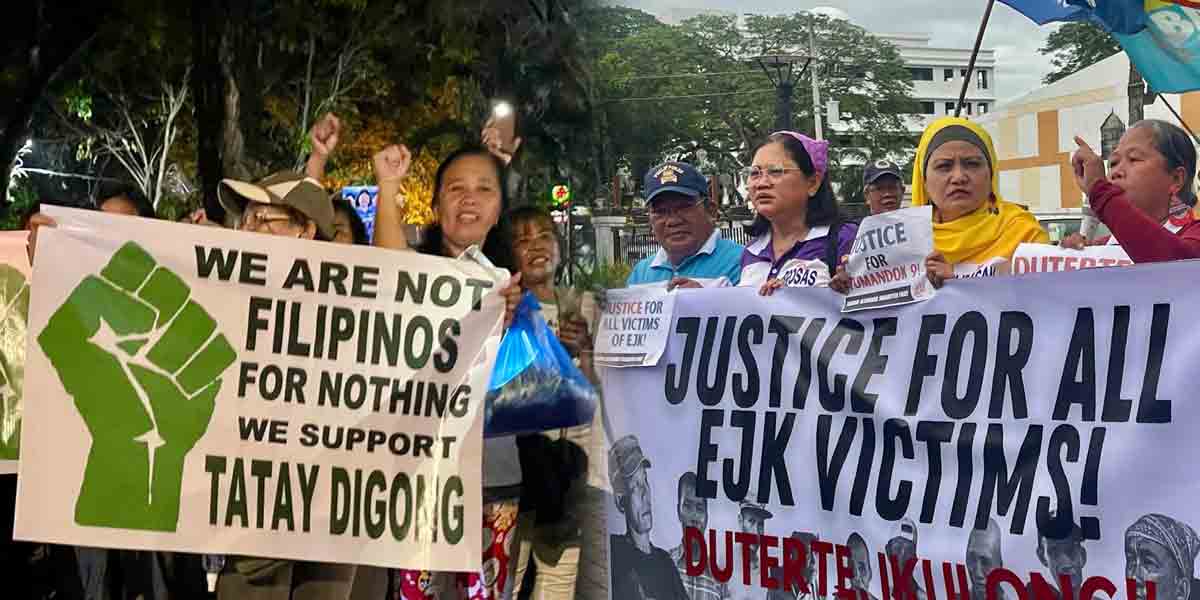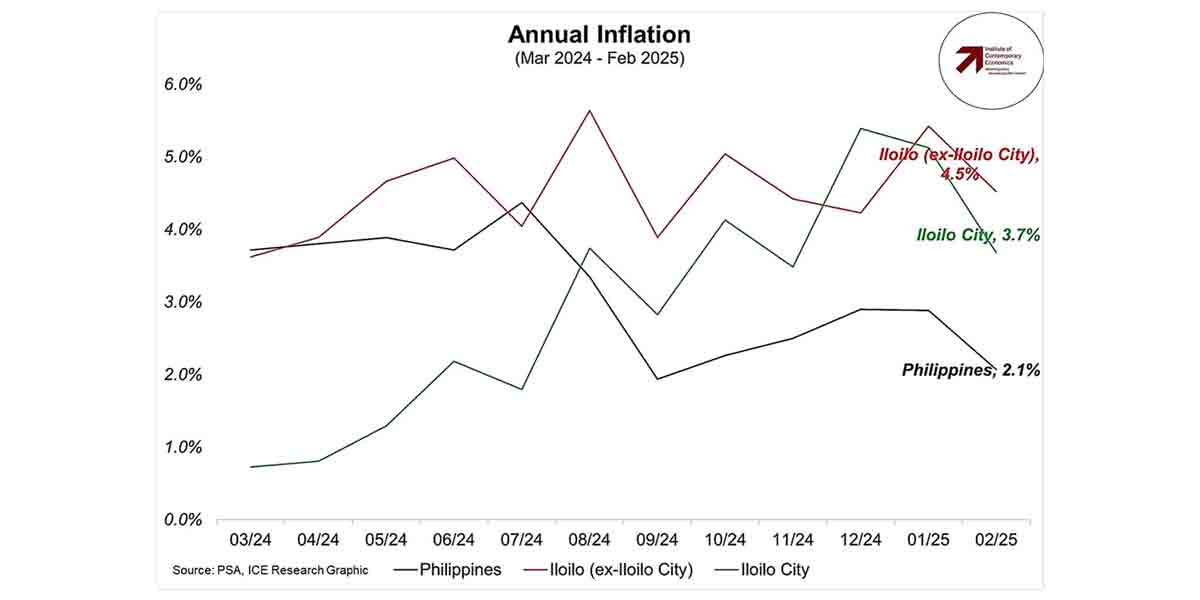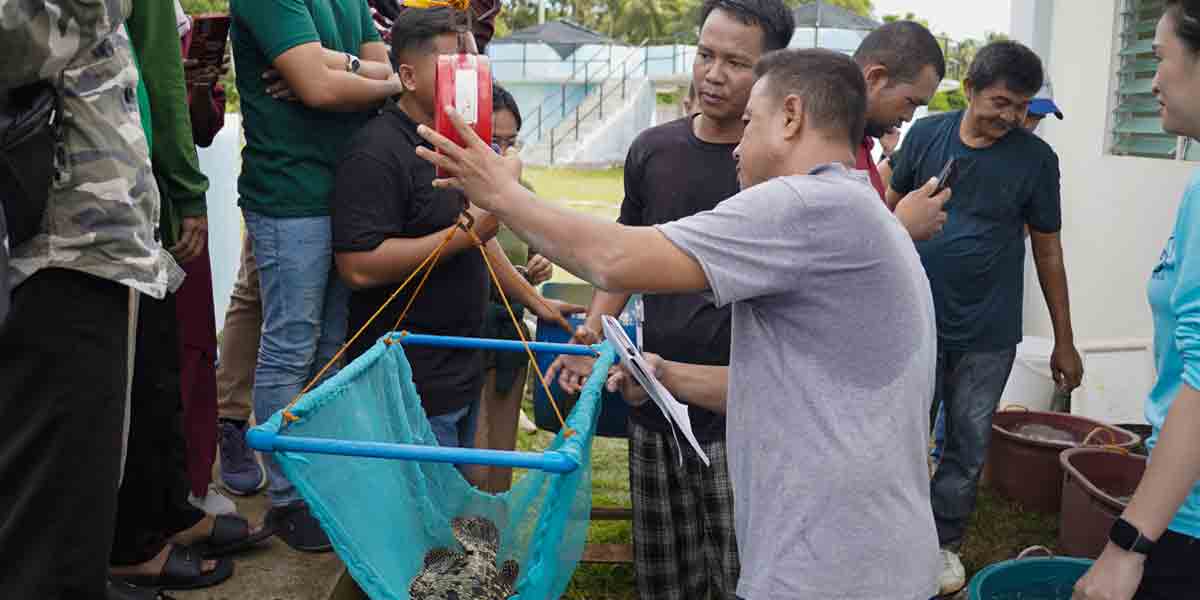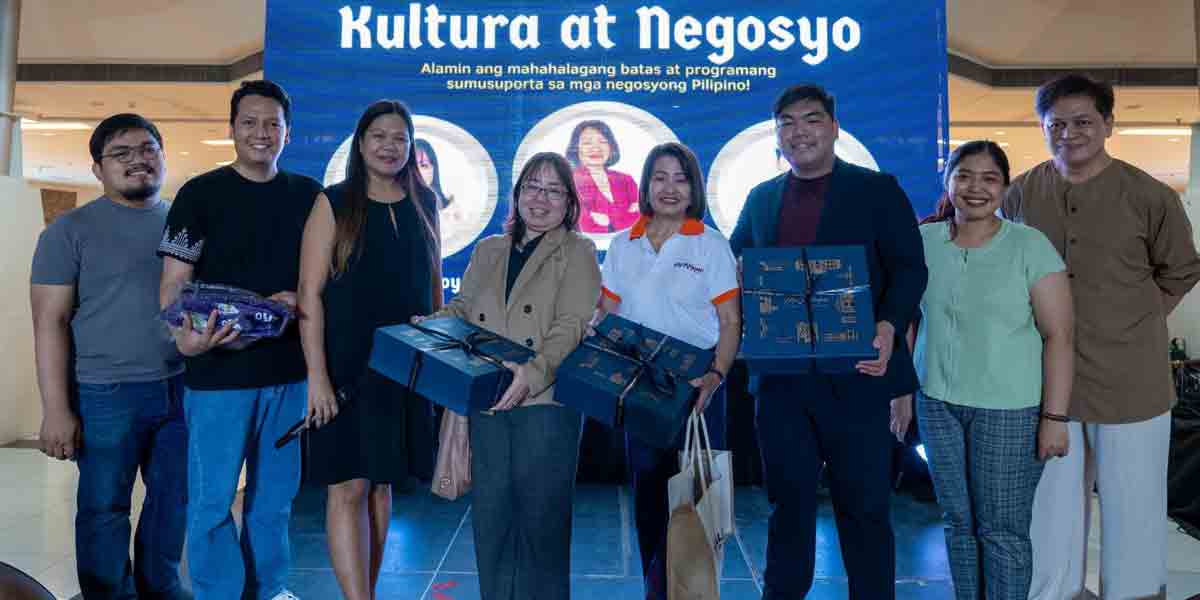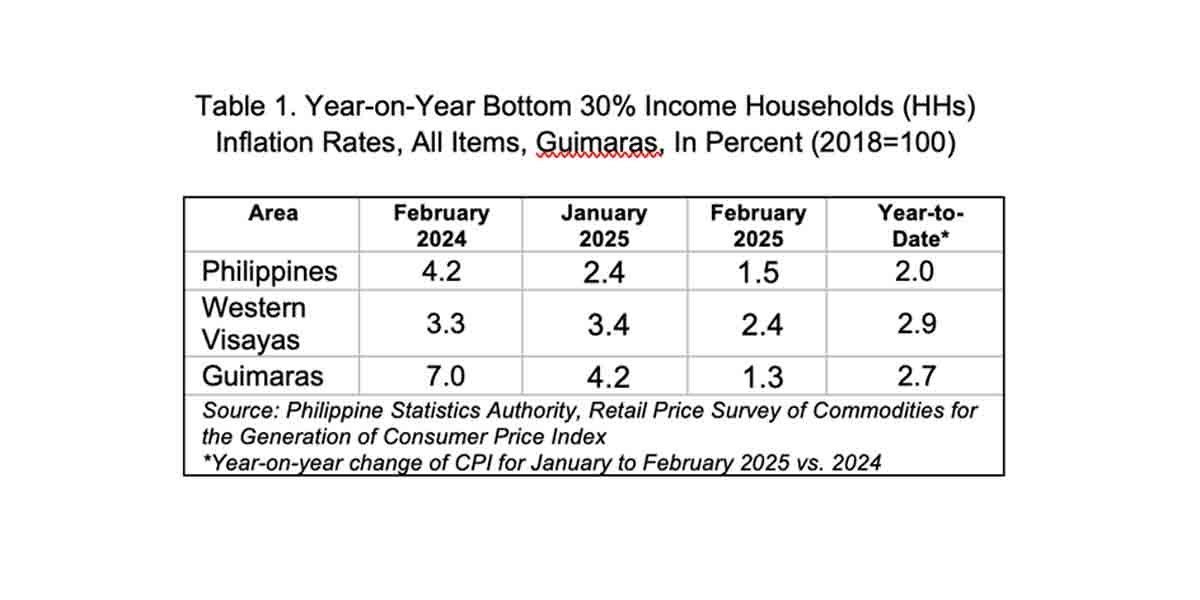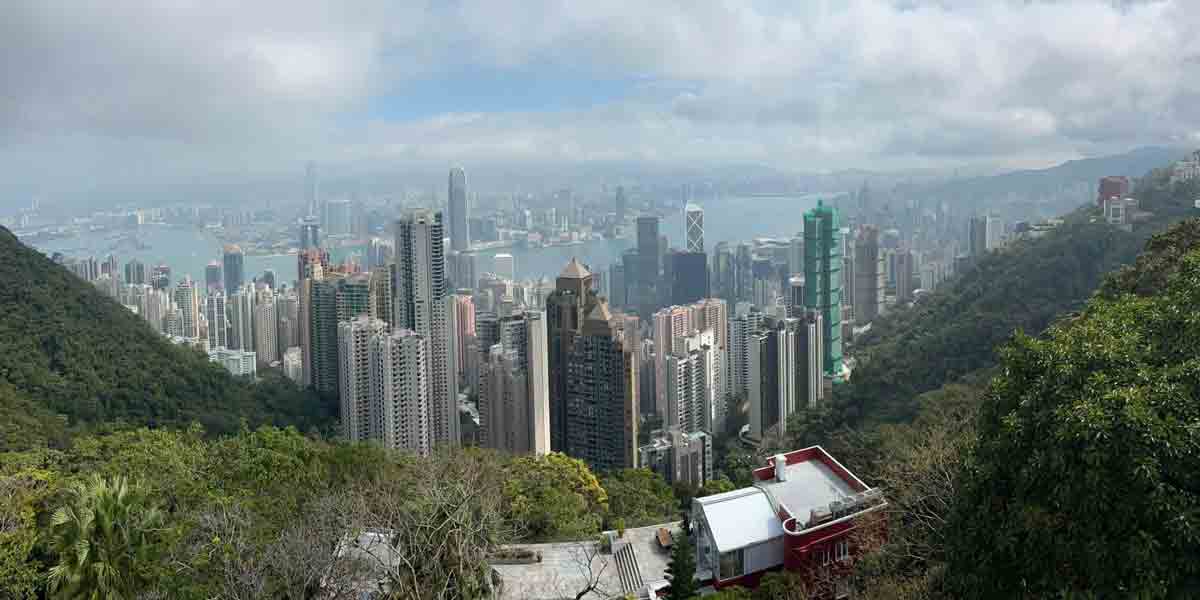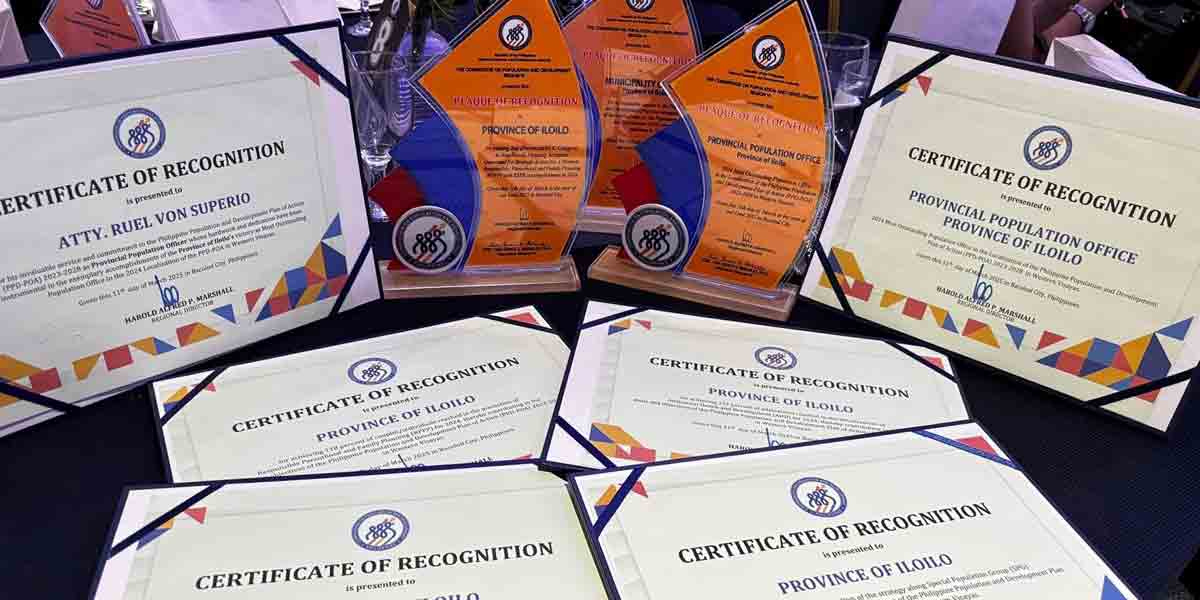
BRUSSELS, Belgium – Department of Trade and Industry (DTI) Secretary Fred Pascual led the exchange of ideas at the Philippine Business Forum on Green Energy and Digital Technologies on 27 June 2023.
In cooperation with the EU-ASEAN Business Council and the European Chamber of Commerce in the Philippines (ECCP), the DTI-Board of Investments (BOI) discussed the country’s enabling investment climate, emerging market trends, and its commitment to energy transition and digital transformation.
In his speech, Secretary Pascual addressed the urgent matter of transitioning to clean, green energy in the Philippines.
He stressed, “The shift to green energy presents not only an environmental imperative but also a remarkable economic opportunity. We recognize the EU’s successful implementation of renewable energy policies, which will be instructive in accelerating our own energy transition in the Philippines.”
The Philippine Business Forum on Green Energy and Digital Technologies, organized by the Philippine Trade and Investment Center in Brussels (PTIC-Brussels), featured Philippine business communities that were at the forefront of innovation in the green and digital technology sectors that shared their success stories, solutions, and growth plans.
These included the Philippine Department of Energy, Semiconductors Industries of the Philippines, Inc. (SEIPI) and IT and Business Process Association of the Philippines (IBPAP).
Through the comprehensive presentations and interactive panel discussions, the forum provided a huge avenue to foster meaningful dialogue between key stakeholders in the Philippines, Belgium, and wider Europe.
During the forum, Secretary Pascual stressed the abundant renewable resources present in the country like solar, wind, hydro, and geothermal power that remain untapped.
Pascual cited that the Philippines is currently (1) the world’s third-largest geothermal capacity; (2) has an estimated average solar radiation of around 165 watts per square meter; and (3) tidal energy with a potential of up to 170 GW of capacity. He also cited the country’s initiative in introducing the National Renewable Energy Program (NREP) 2020-2040.
Hence, by aligning our standards with European requirements, we can improve access to Philippine green energy products, services, and the global clean energy value chains.
For their part, Assistant Secretary Mylene Capongcol discussed the efforts of the Department of Energy, “We have market development policies in place, both mandatory and voluntary policies, for on-grid and off-grid areas.” Relatedly, SEIPI President Danilo Lachica stressed that the Philippines needs renewable energy resources, specifically energy supply storage, given the large power consumption of Filipinos.
Secretary Pascual also emphasized the huge opportunities present in the country for sustainable manufacturing, services, and connectivity given the abundant critical mineral reserves present.
He underscored that key industries such as electric vehicles (EV), battery manufacturing, mineral processing, electronics, and semiconductors can utilize these resources coupled with reforms and amendments in existing laws for foreign investments, which includes the Corporate Recovery and Tax Incentives for Enterprises (CREATE) Act, the Executive Order on Green Lane Investments and 100% foreign ownership in renewable energy (RE) projects.
Alongside this, the Philippine delegation also discussed the significance of strengthening the digital industries, particularly the IT-BPM sector. They cited the pivotal role of this sector in the Philippine economy as they provide global markets with vertical-focused solutions.
IBPAP President and CEO Jack Madrid expressed optimism that in the next five years, their industry roadmap projects that up to 40% of the workforce will be outside Metro Manila. He also boasted their commitment to adding around one million more jobs outside the country’s capital in an effort to decongest the metro and provide further opportunities for those in the provinces.
Further, the DTI Chief also encouraged strengthening research and innovation which are central to the Philippines’ commitment to sustainable growth and development. He highlighted that foreign investors can avail the of low-cost manufacturing in the country and the young and dynamic workforce which can assist them in setting up their R&D centers.
The Electric Vehicle Industry Development Act (EVIDA Law) was also mentioned during the Secretary’s presentation, which aims to position the country as a regional manufacturing hub for EVs and EV parts. This is aligned with the Philippines’ goal of building a comprehensive roadmap for the EV industry, which will boost our exports and support the EV ecosystem.
As he closed his speech, Secretary Pascual encouraged the audience to partner with the country, “With the Philippines partnering with the EU, we can expedite renewable energy growth, enhance energy security, and contribute to global climate change mitigation.”


